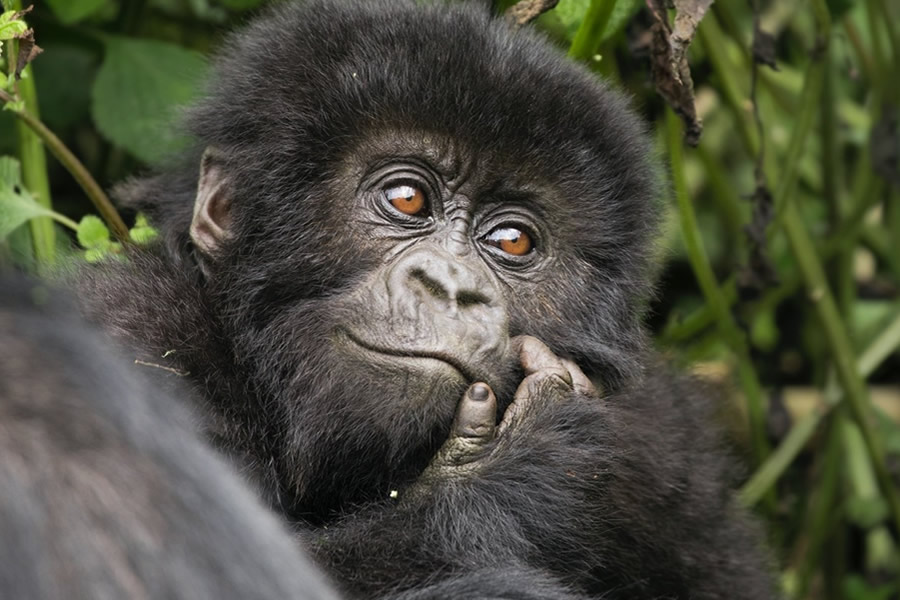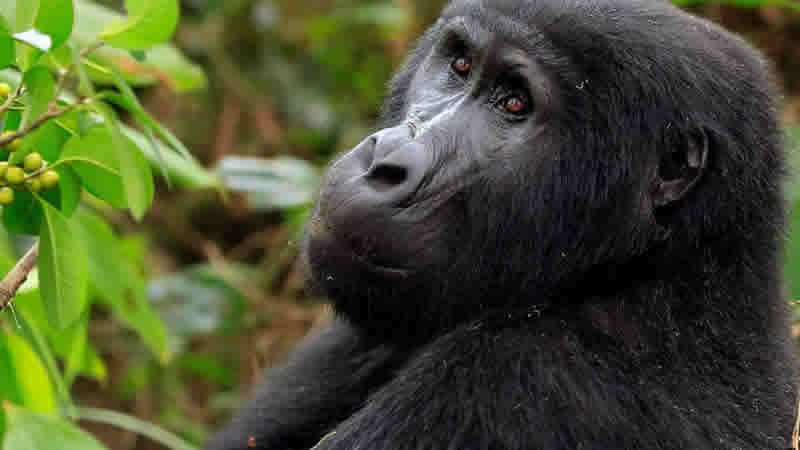Masai Mara National Park: The Great High lights of African Safari
Masai Mara National Park is an iconic symbol of African wildlife, representing the epitome of a safari experience. This essay will explore the park’s significance as a premier safari destination, discuss its rich biodiversity and unique ecosystems, analyze the impact of tourism on conservation, and consider the contributions of influential individuals and organizations in preserving this natural treasure. Furthermore, we will examine both the challenges and future developments facing the park, highlighting the importance of sustainable practices in ensuring the longevity of this vital ecosystem.
The Masai Mara National Park, located in southwestern Kenya, is an expanse rich in biodiversity and cultural heritage. The park encompasses an area of approximately 1,510 square kilometers and borders the Serengeti National Park in Tanzania. This unique geographical positioning allows for the migration of millions of wildebeest and zebras, creating the Great Migration, an event that captivates thousands of tourists annually. The phenomenon of the migration not only showcases the park as a travel destination but also emphasizes the interconnectedness of ecosystems across national borders.
The park’s diverse landscape includes savannahs, acacia forests, and riverine woodlands, providing various habitats for an array of wildlife. Visitors to the Masai Mara can expect to encounter the Big Five: lions, elephants, buffalo, leopards, and rhinos. Beyond these iconic species, the park is home to over 95 species of mammals and more than 400 species of birds. This wealth of biodiversity makes the Mara an essential contributor to global ecological health.
In recent years, tourism has emerged as a critical financial pillar for the Masai Mara National Park. According to the Kenya Wildlife Service, tourism contributes significantly to Kenya’s economy, with a notable portion of earnings directly benefiting local communities. This economic influx supports conservation initiatives and provides funds for infrastructure development both in the park and local areas. Such initiatives have allowed for the recruiting and training of park rangers dedicated to preserving wildlife and curbing poaching activities.
However, the surge in tourism also presents challenges requiring careful management. Unsustainable tourism practices, such as overcrowding and littering, can have detrimental effects on wildlife habitats and overall visitor experience. In response to these concerns, park officials and conservation organizations are implementing strategies to promote responsible tourism. This includes limiting vehicle numbers in sensitive areas and encouraging eco-friendly lodges to minimize environmental impact. Restorative measures help ensure that the beauty and integrity of the Masai Mara remain intact for future generations.

Conservation efforts in the Masai Mara have been bolstered by influential figures in environmentalism and wildlife protection. Notably, the late Dr. David Western played a pivotal role in conservation in Kenya through his work with the African Conservation Centre. His approaches to community-based conservation have been instrumental in promoting the symbiotic relationship between wildlife preservation and community benefits. The park is also supported by international organizations such as the World Wildlife Fund, which funds various projects aimed at protecting habitats and wildlife corridors essential for migratory species.
From a socio-economic perspective, the Masai Mara serves as an excellent case study in balancing conservation with community engagement. The Maasai people, indigenous to this region, have historically coexisted with wildlife. Recent programs encouraging the Maasai to participate in tourism have empowered communities and provided a sense of ownership over the natural resources. Initiatives such as community conservancies help locals earn income while ensuring the protection of their heritage. This model demonstrates a crucial aspect of conservation: local involvement is essential for long-term success.
Despite its successes, the Masai Mara faces numerous challenges in the coming years. Climate change poses significant threats to wildlife and their habitats, impacting migration patterns and water sources essential for survival. As temperatures rise and rainfall becomes less predictable, adaptive management strategies will be needed to safeguard both flora and fauna in the park. The emphasis on sustainable practices extends to agricultural impacts, as encroachment from farming can lead to habitat destruction and fragmentation.
Looking ahead, the Masai Mara National Park must continue to innovate and adapt to emerging challenges. Collaboration between governmental bodies, local communities, conservation organizations, and the private sector will be critical in preserving the park’s ecosystems. Emerging technologies such as drone surveillance for anti-poaching efforts and genetic research on wildlife populations present new opportunities for enhanced conservation strategies. Furthermore, increased focus on ecotourism and travel experiences that directly benefit the Maasai communities can lead to a model that promotes environmental stewardship while ensuring economic resilience.
In conclusion, the Masai Mara National Park stands as a testament to the richness of African wildlife and the enduring relationship between nature and culture. Its role as a premier safari destination is not just about the magnificent array of species but also about the integrated model of conservation and community engagement it represents. As we look to the future, prioritizing sustainable practices and collaborative efforts will be vital in ensuring that the Masai Mara continues to enchant visitors and support its incredible biodiversity for generations to come. The park is more than a highlight of an African safari; it is a critical component of our global ecological heritage.



